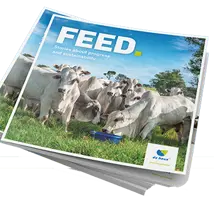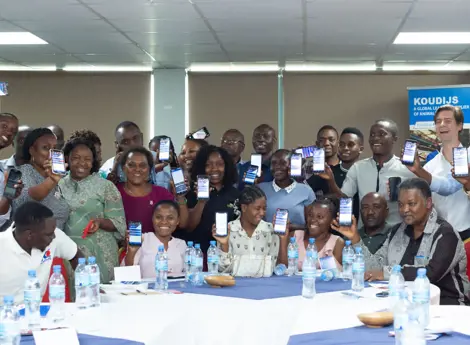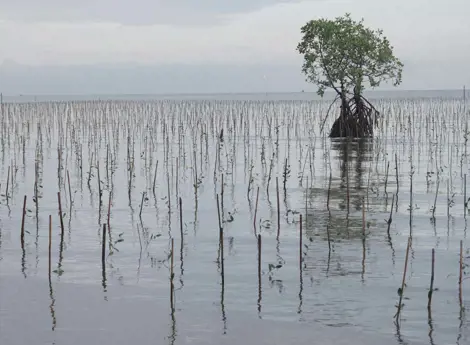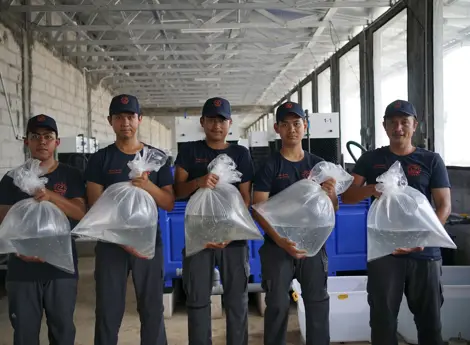Global perspectives on powering progress
For the many challenges farmers are facing around the world, De Heus offers solutions that fit their local contexts. Witold Obidzinski and Theo Smalbraak reflect on key sustainability issues and developments in the regions in which they operate.
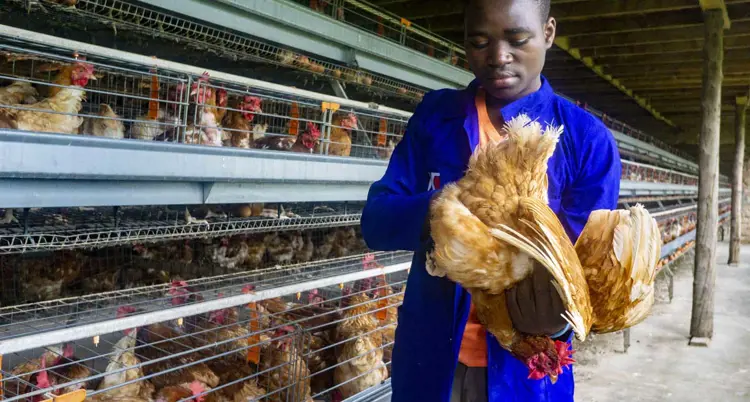
First things first. What’s the origin story of De Heus in your regions?
Obidziński: “When Poland switched to a free market economy in the early 1990s, the government set out the ambition to become a leading exporter of agri-food products in Europe. However, the sector didn’t meet international standards at the time. Polish farmers were very keen to work with international companies which knew about Western European farming standards.At first, Koudijs started export activities in Poland. As domestic demand for feed continued to grow, we invested in our first local feed factory in 1998.”
Smalbraak: “For nearly every market in Africa, De Heus has taken this route of starting out with export. Our stepping stone was Egypt, over two decades ago. After establishing a local network through our export activities, we built our first feed factory in 2003.
Some countries, like Ghana and Ivory Coast, have ambitions to transition from imports to local production of raw materials, eggs and chicks. Which is why we consider investing in other local chain activities as well.”
What are the main characteristics in your markets?
Obidziński: “It’s difficult to speak in terms of main characteristics, as I think Theo will agree. Eastern European markets are developing at different speeds. There are very mature markets, with highly efficient farms and international companies investing throughout the value chain. But there are also markets which are not at the same level. Especially the Western Balkans, where farmers and the agricultural sector are rebuilding the value chain after periods of political turmoil.
As the only international player in those markets, we are in the position to be an active partner in sustainable development. We are taking the same steps that we took in Poland some years ago. From quality feed to technical knowledge about biosecurity and animal health, we introduce farmers to Western European farming standards and help them professionalise.”
Smalbraak: “Markets throughout Africa vary in size and maturity. In South Africa, the value chain is well developed and farmers produce according to world market standards. Whereas in countries like Ghana, the market is very dependent on imports for feed, eggs and chicks. We notice local player use availability as a tool to increase their prices.
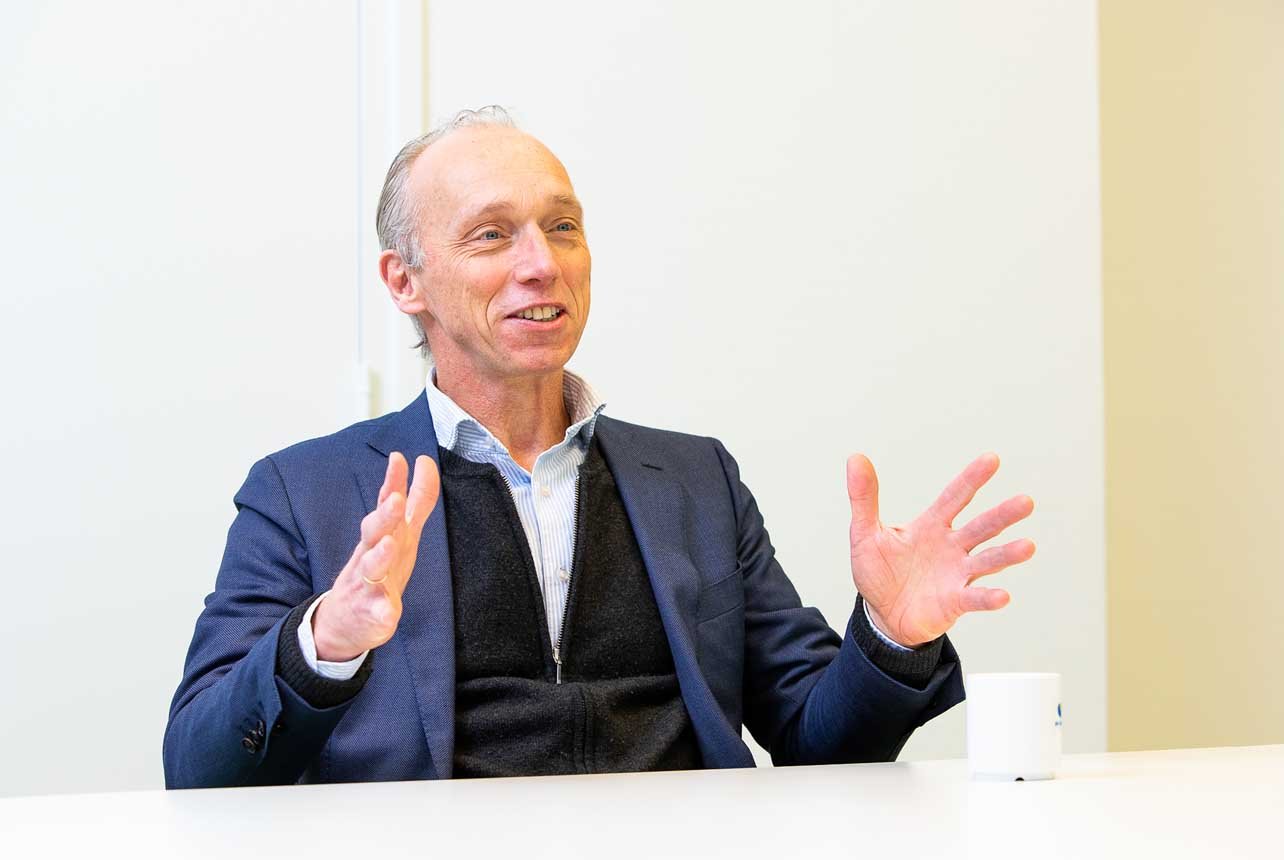
This translates to high prices for farmers and high animal protein market prices. By investing in local feed production, we can approach farmers directly and offer them feed at fairer prices. Next to significant transport and duty savings. They then no longer need to embark on a trading game and have more financial room to invest in farm management and improving production levels. Higher quality products mean better selling prices, enabling a better and more stable income for farmers. When there are bottlenecks in the valuechain we consider investing in other parts of the chain. In Ghana, we are building parent stock farms and a hatchery to increase farmers’ access to day-old layers.”
Learn more about our global sustainability approach
Discover our Responsible Feeding ProgrammeWhat are the main sustainability challenges in your regions and how do you drive progress?
Smalbraak: “The African population is expected to grow exponentially, as is the need for safe and affordable animal proteins. The biggest challenge is the availability of raw materials and extreme price volatility. In one year, Ethiopia’s soy prices have tripled. It is a major inhibitor of growth, not just for farmers but for our entire sector. For that reason, we also invest in local value chain projects to help crop farmers improve their productivity levels. These are sometimes 5 times lower than they could be. In Ghana we run a project with a social enterprise that provides farmers with quality seeds, introduces them to modern techniques and lends them quality farm machinery.
Obidziński: “Volatility of raw material prices makes it difficult for farmers to forecast their financial results and make long-term business plans. Establishing an even distribution of profit within the chain is fundamental in sustainable and responsible development – not just for farmers in Africa or Eastern Europe, but all around the world.”
“Another challenge for our customers is animal diseases, especially Avian influenza and African swine fever. These have a huge impact on export activities. For Poland in particular. As the European market leader in poultry meat, fifty percent of its production is exported. The challenge becomes even more complex because European markets are increasingly demanding antibiotic-free production. Besides on-the-farm support, we provide farmers with knowledge about using antibiotics responsibly through our education programs.”
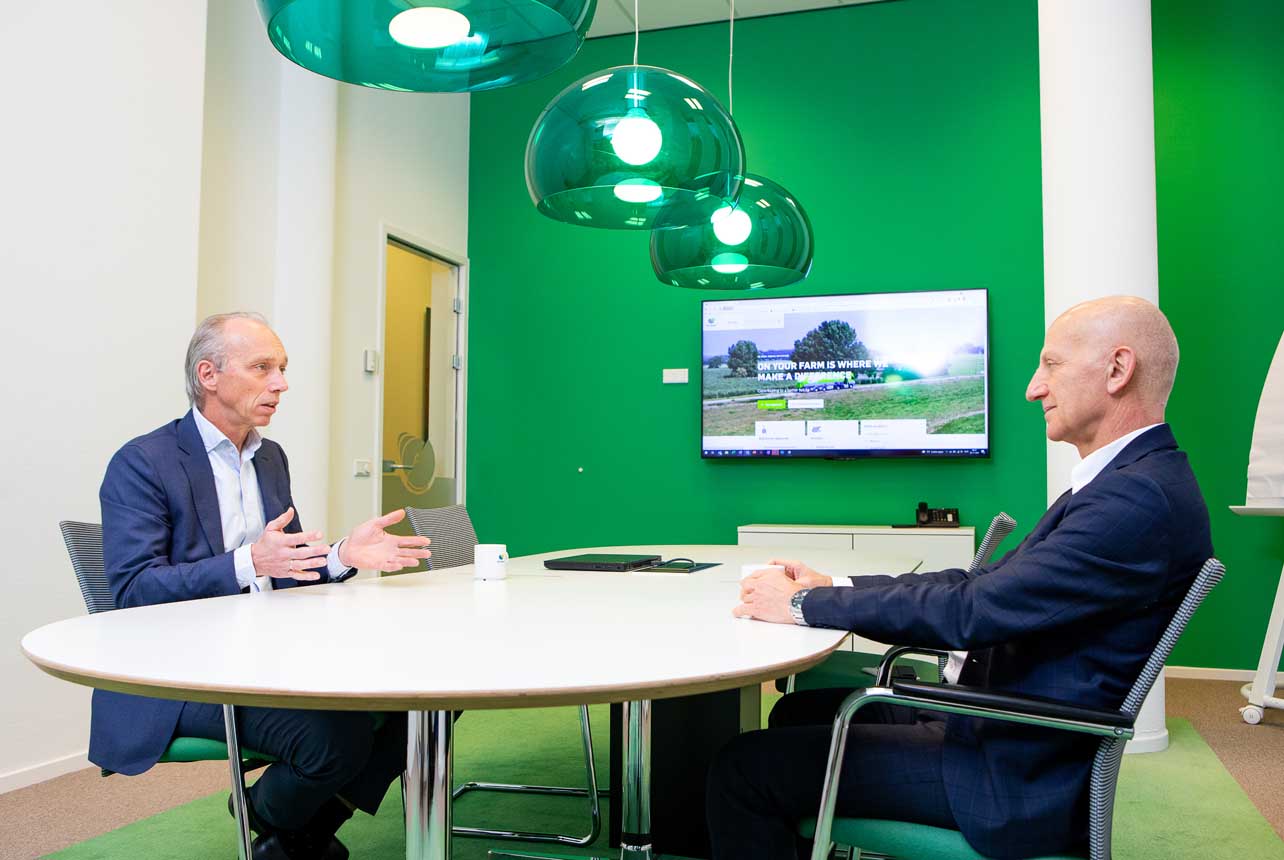
You both mention the availability of raw materials. How can the collective knowledge and experience of De Heus help farmers in your regions?
Smalbraak: “Our business units in Africa benefit tremendously from working with our centralised formulation department in the Netherlands. For all the feed production locations of De Heus, the department optimises the right feed recipe for every animal species, based on their specific needs and on the raw materials that are locally available. If a certain raw material isn’t available, local feed specialists work together with colleagues in the Netherlands to develop a feed recipe using an alternative raw material. This approach guarantees quality feed with the same consistent level of nutritional values.”
Obidziński: “I consider this department our company’s secret weapon. Its database contains insights from all over the world, which shows the knowledge exchange between countries is increasingly becoming a two-way street.”
Smalbraak: “Inspired by the Dutch circular economy, we are looking into using residual streams in our feed in Africa. From local beer brewers in Ethiopia and bakeries in South Africa, for instance. Not only does this prevent valuable nutrients from going to waste, it helps when we have raw material shortages.”
Obidziński: “There is great business potential for De Heus and farmers in converting residual streams into sustainable solutions. In Europe alone, 150 million tons of food are wasted every year. Our production locations in Poland use residual streams for our liquid pig feed. With our market share in this market segment, we can have significant impact in preventing the waste of valuable nutrients.”
FEED. Magazine
In this magazine, we share a selection of stories about progress and sustainability from De Heus business units all over the world. We hope that these stories will inspire you
